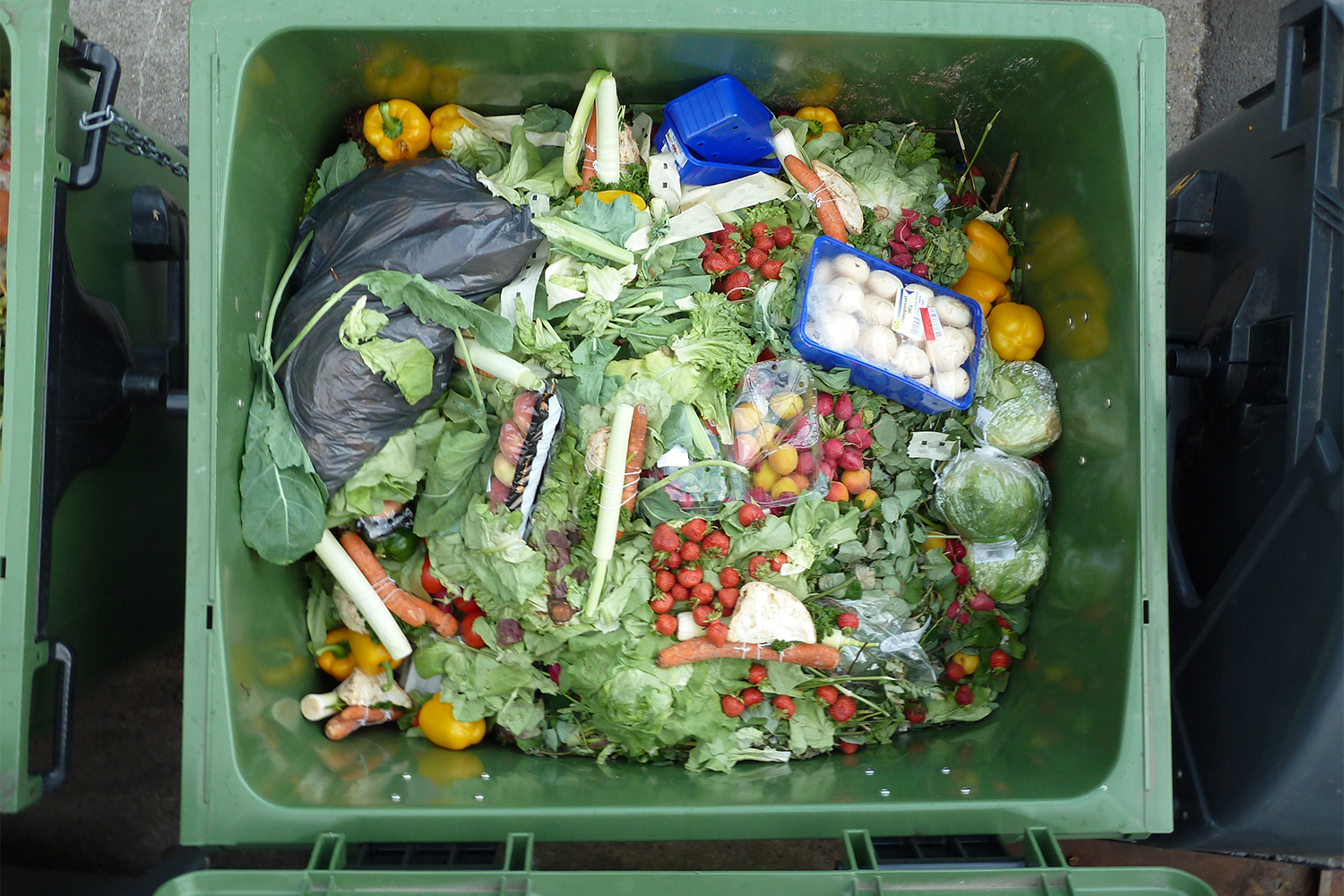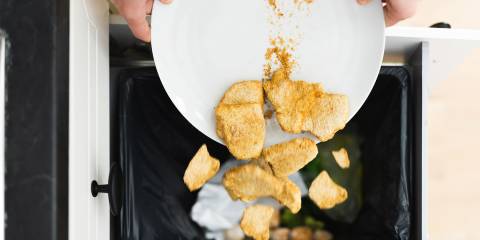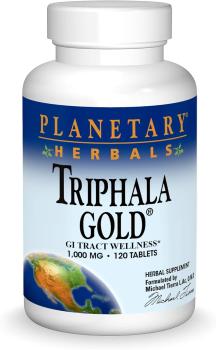Nutrition bars, flour, and soup stock are just a few of the products that some companies are making with upcycled ingredients. These innovative foods are eco-friendly and tasty.
“Upcycled foods are made from ingredients produced for people to consume that would have otherwise gone to waste,” says Ben Gray, MS, RD, co-founder and chief innovation officer of the nonprofit Upcycled Food Association (UFA). “They are a sustainability solution that consumers can participate in.”
Upcycling involves rescuing items like misshapen produce, overripe fruit, or surplus food. It also utilizes components often discarded during food processing, such as peels, leaves, and stalks.
Effects of Waste on Greenhouse Gas Emissions
“A third or more of the food produced is discarded, which also wastes the resources used to produce it,” says Jonathan Deutsch, PhD, a professor of culinary arts and food science and director of the Drexel Food Lab at Drexel University in Philadelphia. “That includes energy, water, and land.”
Food production contributes to greenhouse gas emissions and climate change. Discarded food also generates greenhouse gases as it decomposes, Dr. Deutsch says. Food waste contributes about 8% of human-caused greenhouse gas emissions. Upcycling could help turn this problem around.
Shopping Upcycled Food Brands
Identifying upcycled food brands is going to get easier. The UFA recently opened enrollment for its certification program for upcycled items. Qualifying products will be able to include the official upcycled certified logo on their packaging.
“Products made with upcycled food ingredients could be in every aisle of the grocery store,” Gray says. “That not only includes foods and beverages, but also dietary supplements, cosmetics, household cleaners, homecare items, and pet foods.”
You shouldn’t expect upcycled products to be sold at discount prices. “There are extra hurdles when companies work with upcycled ingredients, including the logistics of getting them where they’re needed safely and at the right time,” Dr. Deutsch says.
Moreover, upcycled products have added value. “An upcycled jam may be made from peaches that are too ripe and juicy to travel well,” Dr. Deutsch says. “But that’s going to make the most delicious jam.”
Are Upcycled Foods Healthy?
Just as you would for any packaged food, you should evaluate the health merits of upcycled products. In some cases, upcycled foods are more nutritious.
Consider flour made from spent barley from beer brewing. One study found that replacing 30% of regular flour with brewer’s spent grain can increase the fiber in bread by up to five-fold. Similarly, byproducts of fruit and vegetable processing are a natural source of fiber, antioxidants, vitamins, and minerals.
“Upcycling is the right thing to do to keep nutrition in people and out of the trash can,” Dr. Deutsch says.
That said, upcycled ingredients aren’t necessarily organic or non-GMO. Check each food manufacturer’s website for production details.
How to Reduce Food Waste
Besides buying upcycled foods, there are other ways you can help by being a more mindful cook.
-
Use Vegetable Scraps for Stock
Before you toss another vegetable stalk or peel in the trash, consider what else you could do with it.
“If you’re dicing an onion, put the peel and the core in the freezer along with other veggie scraps,” Dr. Deutsch says. “When you accumulate enough scraps, use them to make a vegetable stock.”
-
Plan Your Meals Ahead
Gray advises planning meals around what you already have in your home. Research has shown that during the COVID-19 lockdown, consumers reduced food waste and prepared healthier food by using shopping lists and meal planning.
-
Other Ways
Read on for even more ways to reduce food waste.





